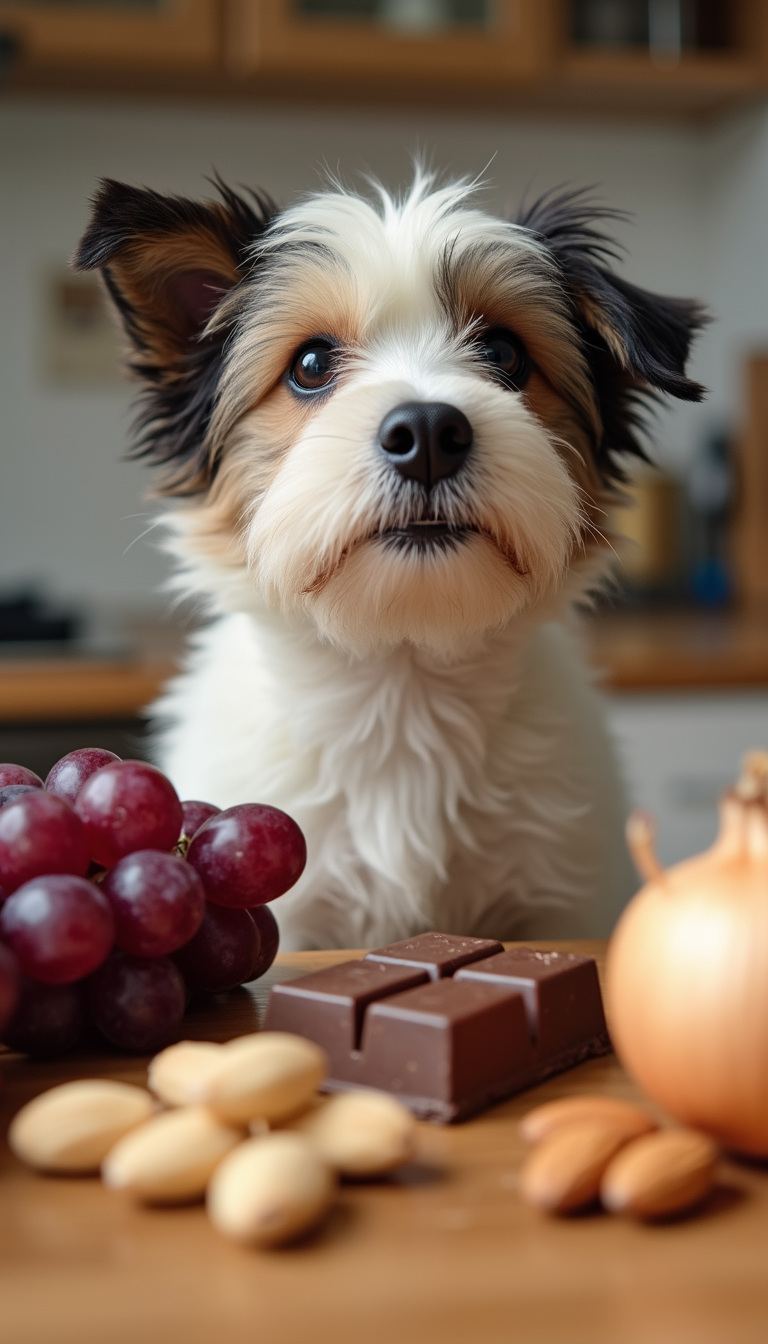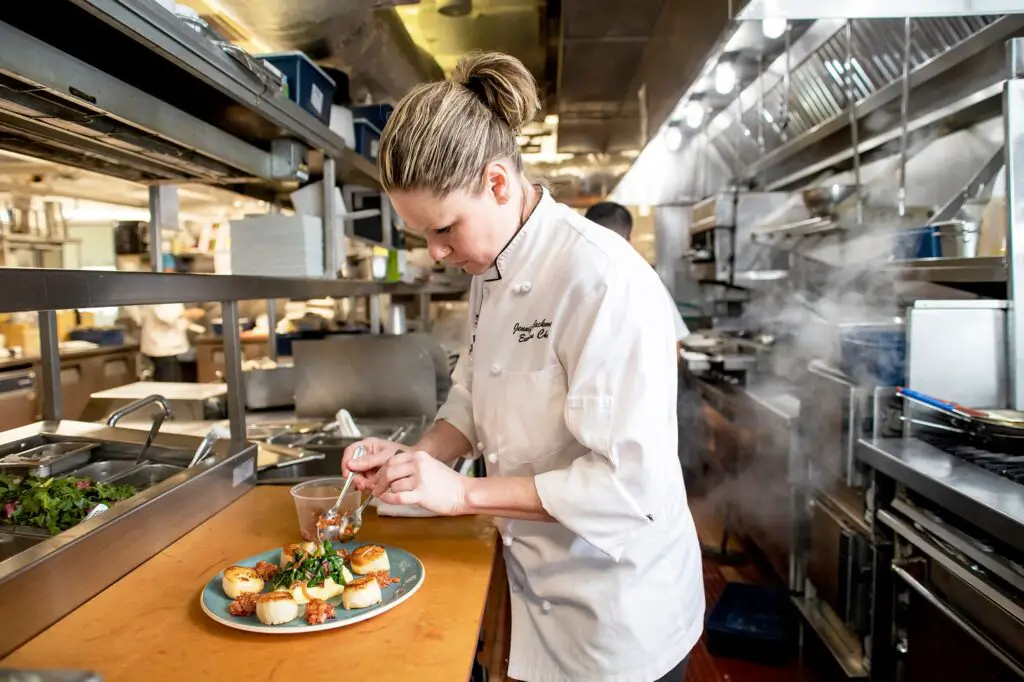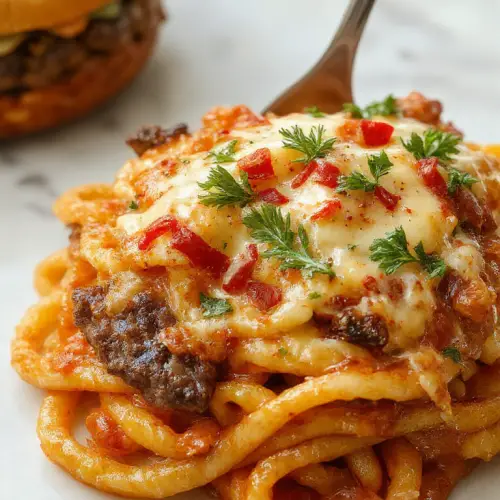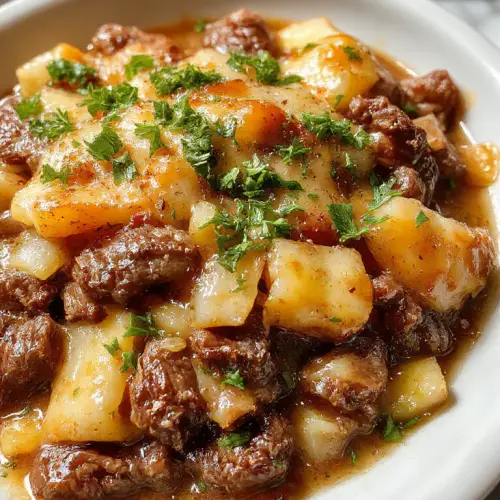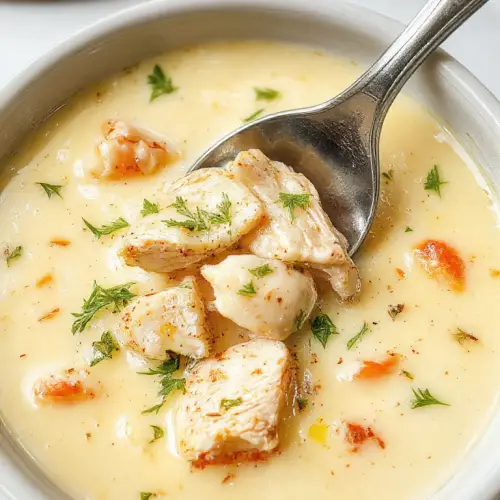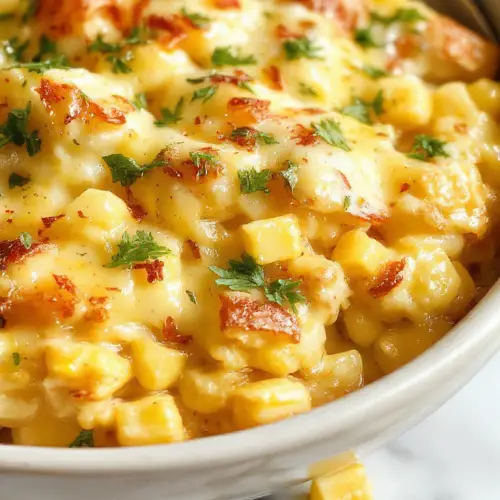1. Introduction
Everyday foods are a delightful part of our lives, but did you know that some of these common foods can be dangerous or even poisonous for dogs? Understanding poisonous foods for dogs is essential for every pet owner who wants to ensure canine safety and maintain pet health. This article explores the “everyday foods” that are toxic or harmful to dogs and offers guidance on avoiding these hazards.
2. Common Poisonous Foods for Dogs: What to Watch Out For
Many pet owners are unaware that their daily diet may include foods that are harmful to their furry friends. Here are the most prevalent everyday foods that pose risks to dogs:
- Chocolate: Containing theobromine, chocolate can cause vomiting, diarrhea, seizures, and even death in dogs.
- Grapes and Raisins: These can lead to sudden kidney failure, making them highly toxic for canines.
- Onions and Garlic: These foods contain compounds that can damage dogs’ red blood cells, leading to anemia.
- Alcohol: Even small amounts of alcohol can cause vomiting, diarrhea, coordination problems, and respiratory failure in dogs.
- Avocado: Contains persin, which can cause vomiting and diarrhea, especially harmful to some dog breeds.
3. Dangerous Foods That Are Often Found in Your Kitchen
It’s easy to forget that many ingredients used in our favorite dishes are unsafe for dogs. Here are some common kitchen staples that are toxic:
- Chicken Cordon Bleu Casserole: While chicken itself is typically safe, seasoned or prepared dishes may contain harmful ingredients like garlic or onions.
- Spinach and Mushroom Lasagna: Contains garlic and onions, which are poisonous to dogs.
- Airtight Sliced Potatoes: Potatoes are safe in moderation, but cooked with butter or seasonings that might be harmful.
Always be vigilant and check ingredients to prevent accidental poisoning of your pet. For more healthy recipes that are dog-friendly, visit our chicken recipes category.
4. The Importance of Recognizing Toxic Foods for Dogs
Understanding toxic foods for dogs is crucial to safeguarding your pet’s health. Many pet owners accidentally feed harmful foods without realizing the dangers. This can lead to serious health issues, costly veterinary visits, and even loss of pet life. Recognizing and avoiding these foods is a key part of responsible canine safety.
5. Tips for Protecting Your Dog from Harmful Foods
- Keep all everyday foods out of reach of your dog.
- Educate yourself about poisonous foods for dogs.
- Always read food labels and avoid foods with ingredients like garlic, onions, or artificial sweeteners.
- Consult your veterinarian if you are unsure whether a food is safe for dogs.
- Provide your dog with veterinarian-approved treats designed for pet safety.
6. Safe Alternatives and Healthy Treats for Dogs
Instead of feeding your dog everyday foods that are harmful, opt for safe and nutritious treats. Some healthy options include:
- Homemade beef treats
- Carrots and apple slices (without seeds), which are low calorie and safe.
- Baby carrots, green beans, or commercial dog treats from trusted brands.
Always remember, moderation is key when introducing new treats into your dog’s diet.
7. Frequently Asked Questions (FAQs) About Poisons in Everyday Foods for Dogs
What are the most common poisonous foods for dogs?
The most common harmful foods include chocolate, grapes, onions, garlic, xylitol (artificial sweetener), and alcohol.
Are cooked foods safe for dogs?
Cooked foods can be safe if prepared without harmful ingredients like garlic, onions, or excessive seasoning. Always avoid spices or ingredients known to be toxic to pets.
Can I share human food with my dog?
While some foods are safe in moderation, it is best to consult your veterinarian before sharing human foods. Many everyday foods are harmful for dogs.
Where can I find more information about pet safety and healthy recipes?
Visit reputable pet health sites or discuss with your veterinarian for detailed guidance. For meal ideas, explore our chicken recipes and other pet-friendly cooking resources.
8. Conclusion
Being aware of poisonous foods for dogs and actively preventing your pet’s access to these items is fundamental to responsible pet ownership. By avoiding common everyday foods that can be toxic or harmful, you can protect your furry friend’s health and happiness. Always prioritize canine safety, and consult your veterinarian whenever in doubt about any food or treat. Remember, your dog’s health depends on the choices you make today.

